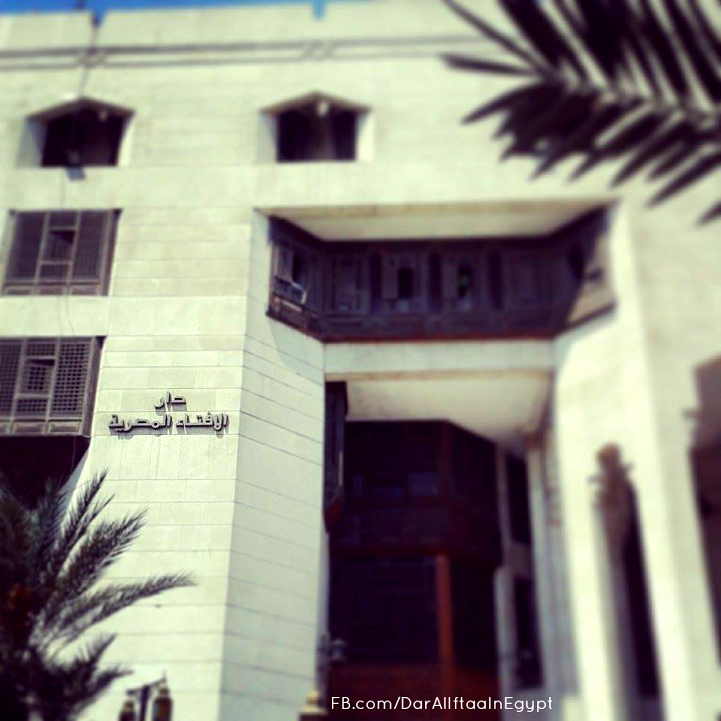Dar al-Iftaa vehemently condemns the brutal incident of stoning executed by the terrorist group QSIS

The recent brutal incident of stoning to death a married woman under the claim of committing adultery is a new horrendous crime in the series of atrocious terrorist acts that are committed by the sick-minded, cruel-hearted, inhumane group of QSIS.
“This appalling incident cannot be associated to Islamic teachings in any way, shape or form as this merciless act is adversary to the merciful teachings of Islam both in letter and spirit”, said Dr. Ibrahim Negm, the Senior advisor to the Grand Mufti. This self-claimed terrorist group which lives in the delusion of establishing a “state” for the sole purpose of gaining power, looting money, usurping lands, enslaving women, slaughtering opponents both Muslims and non-Muslims, recruiting half-educated men to become professional mercenaries; these terrorists cannot be remotely eligible to form a judiciary system authorized to pass judicial verdicts on citizens over alleged crimes.
Due to the changing circumstances and the infrequency of people who satisfied the classical requirements for testimony as set out by the jurists, our era came to be known as “the era of doubt.” The relevant principle in this regard was that the hudud are to be avoided in cases of doubt. The famous hadith says, “Avoid the hudud for the Muslims as much as you can. If you find a Muslim errant, let him to his way. It is better for the Imam to err in granting leniency and forgiveness than for him to err in punishing someone.” Also, Umar bin al-Khattab (d. 23 AH) said, “If I can cancel the hudud due to doubts, I prefer that to going through with the punishment in the face of doubt.”
Understanding the spirit of justice of the criminal law in the Islamic legislation is crucially important for us to realize the underlying reasons behind the contemporary scholar’s decision of halting the execution of major penalties or hudud due to the extreme difficulty of meeting the necessary conditions for applying these penalties. The modern Islamic scholars were inspired by the thinking methodology of Umar ibn al Khattab, the second Muslim Caliph who suspended the punishment for theft during the year of famine. The general command is given in the Qur’an: “The thief, male and female, cut their hands.” (Al-Ma’ida: 38). But the Prophet (peace be upon him) said, “Do not cut in times of drought” And it is related of him in a hadith that he said, “No cutting hands in times of famine” Famine is mostly likely a time of necessity. As such, the presence of this likelihood was thought to be sufficient to suspend the hadd in deference to the protection of one’s bodily integrity, which is part of the objective (maqsad) of protecting the self.
This suspension resembles what is related about Umar b. al-Khattab’s (d. 23 AH) moratorium on This did not imply that Umar denied the truth of the hadd, nor that he annulled the shari’a. It is simply an indication that applying the shari’a comes with conditions. One of these conditions is the existence of a specific state of affairs. If that state of affairs is not present, the hadd is not to be imposed. This is in fact squarely part of the shari’a, not outside of it.
In short, the eagerness and the zealotry of tracking people’s pitfalls and ambushing them into confessing for committing major sins for the brutal purpose of spilling their blood cannot be supported by any legislation divine or human as such crooked way of thinking only comes from hearts who lost all the meanings of mercy and minds which mentally thrives on bloodshed.
 Arabic
Arabic French
French Deutsch
Deutsch Urdu
Urdu Pashto
Pashto Swahili
Swahili Hausa
Hausa
